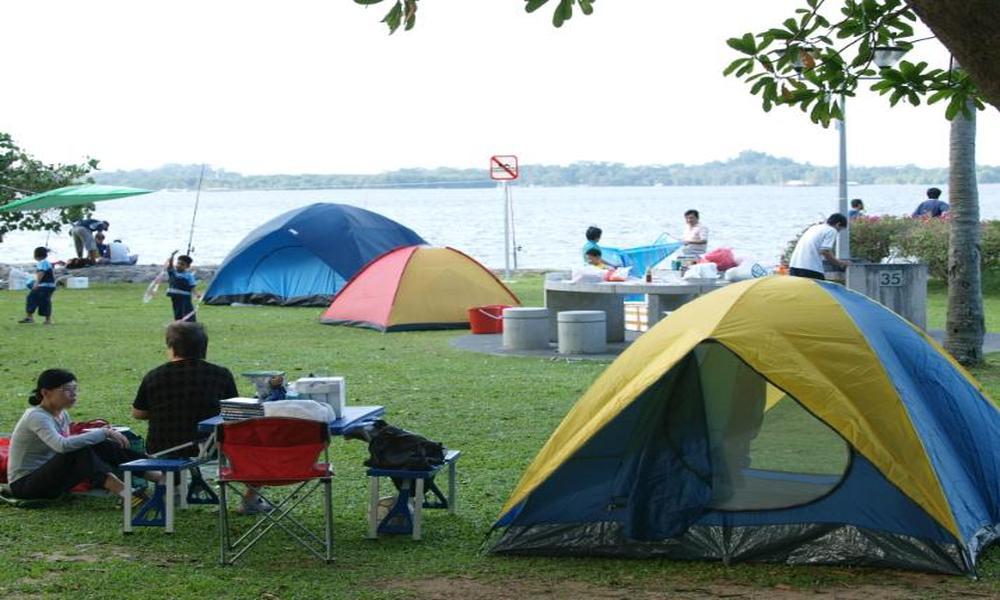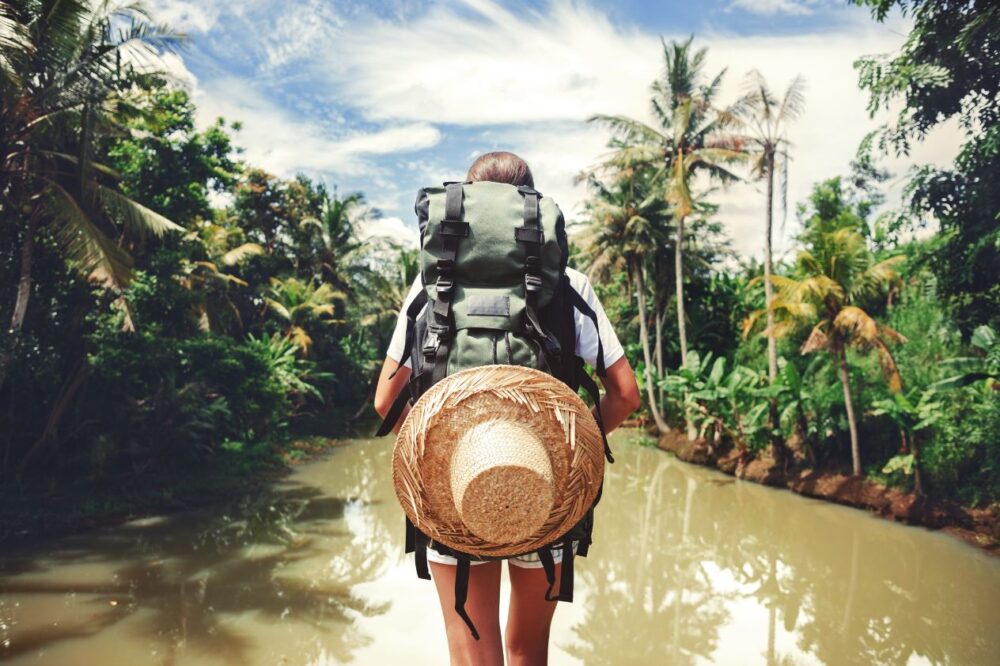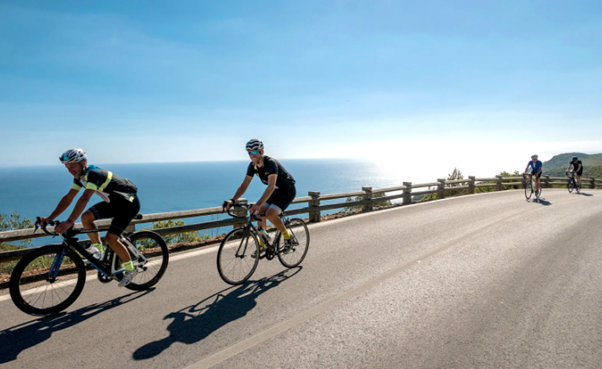When it comes to reconnecting with nature and experiencing the great outdoors, few activities can rival the sheer adventure and serenity of camping in parks. Whether you’re a seasoned camper or a newbie looking to embark on your first camping trip, this guide will equip you with the essential knowledge and tips to make your park camping experience truly memorable.
Choosing the Right Camping Park
Selecting the right camping park is the first and most critical step. Here are some factors to consider:
- Location: Consider how far you’re willing to travel. You can find camping parks near urban areas or venture into the wilderness for a more rugged experience.
- Amenities: Determine what amenities are essential to you. Some parks offer full-hookup campsites with electricity and water, while others provide a more primitive experience.
- Activities: Think about the activities you enjoy. Do you want to hike, fish, or simply relax in a beautiful natural setting? Choose a park that aligns with your interests.
- Season: Different parks are best experienced at specific times of the year. Research the seasons and weather conditions of your chosen destination.
Essential Camping Gear
- Tent: Invest in a quality tent that suits your needs. Ensure it’s easy to set up and has sufficient space for your group.
- Sleeping Bags: Select sleeping bags appropriate for the season and weather. Consider getting sleeping pads or air mattresses for added comfort.
- Cooking Equipment: A portable stove, cookware, and utensils are necessary for preparing meals.
- Clothing: Pack clothing suitable for the expected weather conditions. Layers are your best friend.
- Food and Water: Plan your meals and bring adequate food and water supplies. Don’t forget cooking utensils and a cooler for perishables.
- Navigation and Safety Equipment: Maps, a compass, a first aid kit, and a flashlight are essential for safety.
- Camping Chairs and Tables: These items can make your camping experience more comfortable and enjoyable.
Campsite Etiquette
Respect for the environment and fellow campers is paramount. Here’s some campsite etiquette to remember:
- Leave No Trace: Pack out all your trash, and do not damage the natural environment.
- Quiet Hours: Be mindful of quiet hours and respect the tranquillity of the park.
- Campfire Safety: Follow campfire regulations, and always extinguish fires completely.
- Pet Policy: If you bring pets, follow park rules regarding their presence and ensure they don’t disturb wildlife or other campers.
Booking Your Campsite
Before heading to your chosen camping park, make sure to book your campsite in advance, especially during peak seasons. Many parks offer online reservation systems, making the process simple and convenient. Be sure to have all your necessary permits and passes.
Setting Up Camp
Upon arrival at your camping park, follow these steps to set up camp:
- Choose a Suitable Spot: Select a level, well-drained area for your tent. Avoid disturbing the natural surroundings.
- Pitch Your Tent: Assemble your tent according to the manufacturer’s instructions. Ensure it’s secure and properly staked.
- Organize Your Gear: Set up a cooking and dining area, and store food in bear-proof containers if required.
- Campfire Safety: If fires are allowed, create a safe fire pit away from your tent and other flammable materials.
- Respect Wildlife: Keep your distance from animals, and don’t feed them. Store food securely to avoid attracting wildlife to your campsite.
Enjoying Your Camping Park
Now that you’re settled in, it’s time to enjoy all that your chosen camping park has to offer:
Hiking: Many parks have a network of hiking trails with various levels of difficulty. Plan your hikes and carry essential supplies like water and a first-aid kit.
Fishing: If fishing is your passion, make sure you have the necessary permits and equipment. Familiarize yourself with local fishing regulations.
Photography: Capture the beauty of the park and its wildlife with your camera. Remember to respect the habitat and keep a safe distance from animals.
Stargazing: Many camping parks offer fantastic opportunities for stargazing. Bring a telescope or simply lie back and admire the night sky.
Nature Interpretation: Join ranger-led programs to learn more about the park’s flora and fauna. It’s a great way to deepen your understanding of the natural world.
Conclusion
Camping in Park is a rewarding and enriching experience that brings you closer to nature. It provides an opportunity to disconnect from the hustle and bustle of daily life and connect with the great outdoors. Whether you’re looking for adventure, relaxation, or a bit of both, camping parks offer it all.





